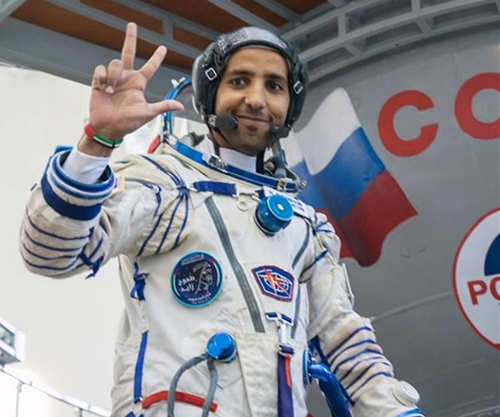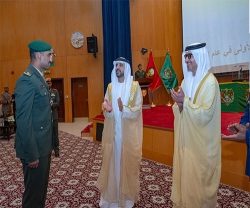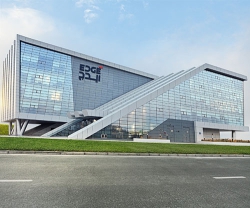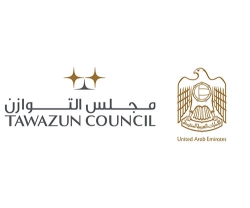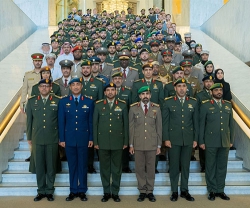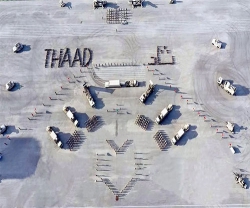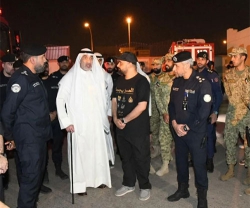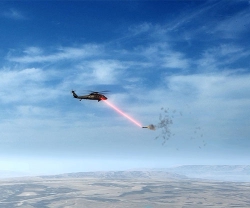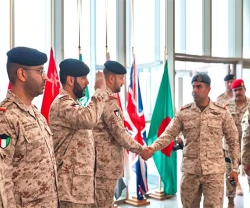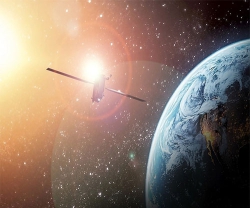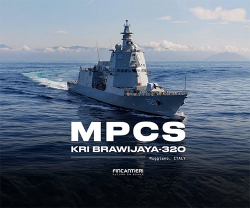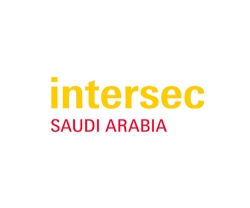The Mohammed bin Rashid Space Centre, MBRSC, announced that the Soyuz MS-15 spacecraft, carrying the first Emirati astronaut Hazza Al Mansoori, along with Oleg Skripochka and Jessica Meir, successfully docked with the International Space Station, ISS. This marks the beginning of the first spaceflight to be undertaken by an Emirati astronaut and first visit by an Arab astronaut to the ISS.
The Soyuz MS-15 successfully docked the ISS, six hours after its launch. After two hours of safety checks inside the spacecraft, the hatch between the Soyuz and the station were opened to receive the astronauts, Emirates News Agency WAM reported.
Six astronauts are currently on board the ISS; Christina Koch, Andrew Morgan, Nick Hague, Aleksandr Skvortsov, Aleksey Ovshinin, and Luca Parmitano. The station will include a total of nine astronauts upon the arrival of the new crew.
MBRSC confirmed that the docking took place six hours after the launch. The Soyuz began orbital maneuvers to get the right orientation to the desired orbit, and entered Earth’s orbit while increasing altitude and reaching the ISS at approximately 408 km.
The Soyuz MS-15 spacecraft located the ISS using the Kurs docking navigation system, when it was nearly 400 km away, and then fixed its orientation towards the station about 180 km away.
The docking process was fully automated, and the crew’s main task during the docking procedure was to monitor the systems, analyze information about the Soyuz alignment to the ISS, as well as information about distance, direction and speed, so that they can monitor the process accurately, to ensure a nominal docking operation.
In the final stage, once docking was complete, the locks were tightened, and the seal and vacuum tests were carried out to detect any air leakage, and to ensure that the docking compartment was sealed tight. After two hours, and with confirming that everything has worked to plan, the hatch was opened, and Al Mansoori and the two astronauts moved on to the ISS.
Al Mansoori will conduct 16 scientific experiments in cooperation with international space agencies, including the Russian Roscosmos, the European Space Agency, ESA, and NASA. Six of these experiments will be done aboard the ISS to study Brain DTI, osteology, motor control, time perception in microgravity, Fluidics (fluid dynamics in space), and DNAm-Age. Some of these results will be compared with previous results taken prior to the mission.
The scientific mission includes experiments involving schools in the UAE as part of MBRSC’s Science in Space initiative. The first phase of the initiative witnessed the participation of nearly 16 schools from the UAE, in the presence of Al Mansoori. These experiments will be conducted in a microgravity environment aboard the ISS and the results will be compared with those done on earth, as part of supporting the UAE curriculum with new scientific materials.
Al Mansoori will also be conducting a tour of the ISS to explain the components of the station and the equipment on board. Furthermore, he will read a children’s story, take photos of planet Earth, and showcase the winning entries of the ‘Send to Space’ competition, including stories, poems, and paintings.
MBRSC and Emirates Foundation are offering school and university students as well as the public the opportunity to participate in live video or radio sessions, with Al Mansoori while on board the ISS, from MBRSC’s headquarters.
A team from MBRSC, which includes Sultan Al Neyadi, and is headed by Salem Al Marri, Head of the UAE Astronaut Programme, will contact Al Mansoori, during his mission, twice a day from the Mission Control Centre in Moscow, to review the mission’s progress, and confirm Al Mansoori’s daily schedule aboard the ISS.
Hazza Al Mansoori’s ISS mission is part of the UAE Astronaut Programme, which is overseen by the Mohammed bin Rashid Space Centre. The UAE Astronaut Programme is the first integrated programme in the Arab region to prepare national cadres to participate in human space flights and carry out various scientific missions, in addition to becoming a part of the research carried out by the global scientific community to devise solutions to many challenges facing humanity.
The UAE Astronaut Programme is funded by the ICT fund of the TRA. Launched in 2007, the fund, which is the first of its kind in the Arab world, aims to support research and development within the ICT sector in the UAE, to help it grow into a nationally significant and world-leading industry.

